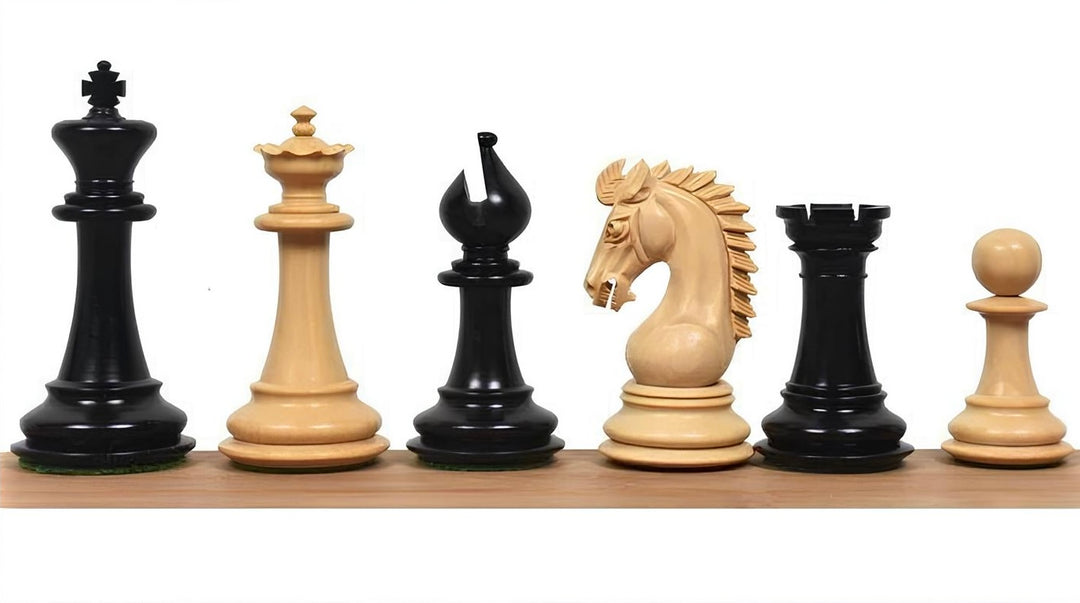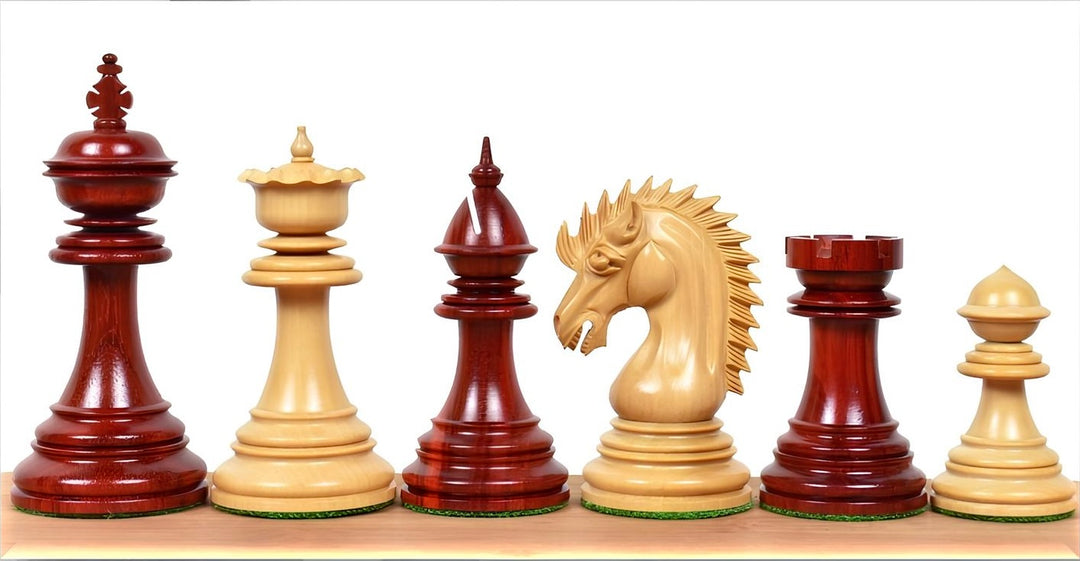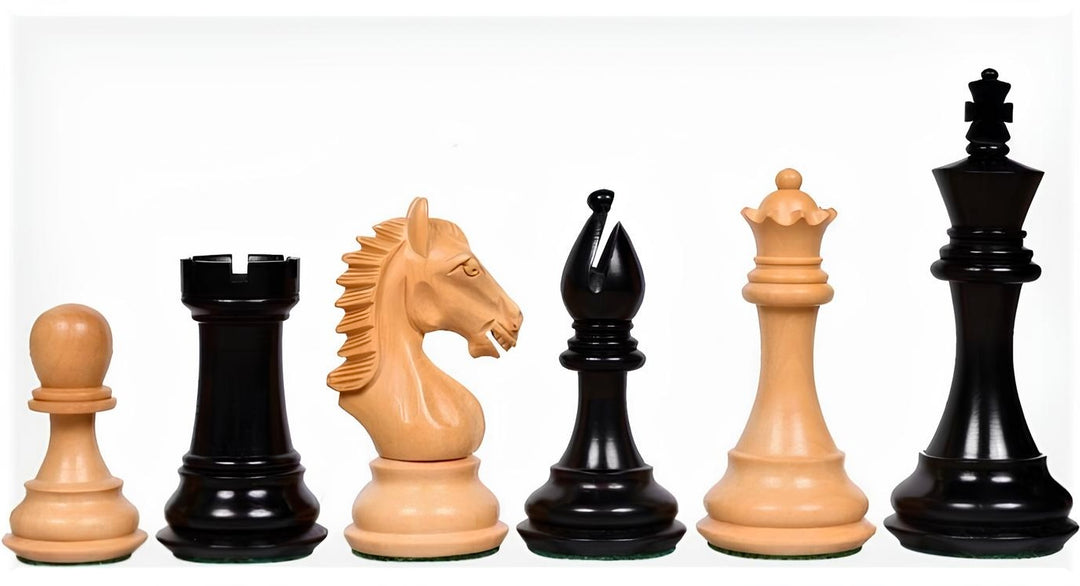Understanding Pawn Movement in Chess
Chess, a strategic board game played for centuries, has complex rules that govern the movement of its pieces. Among these pieces, the pawn has a unique set of rules for movement and capture, leading to common questions such as whether pawns can move backwards. This article explores the capabilities and restrictions of pawn movement in chess.
Basic Pawn Movement
Pawns have the most restricted movement capabilities of all chess pieces, yet they play a pivotal role in the strategy of the game. Unlike other pieces, pawns can only move forward. Each pawn can move forward one square at a time. However, on its first move only, each pawn has the option of moving forward either one or two squares. This initial two-square move can be crucial for positioning and strategic advancement in the game.
Can Pawns Move Backwards?
To address the main question directly: no, pawns cannot move backwards. They can only move forwards. Once a pawn advances, it cannot return to a previous position. This rule emphasizes the importance of each pawn move decision, as it is irreversible and can significantly impact the game's strategy.
Pawn Capture Rules
Although pawns cannot move backwards, they do have a special method of capture that differs from their normal movement. Pawns capture diagonally, one square forward to the left or right. This means that although a pawn moves forward directly, its attack is executed at an angle. The unique capturing rule of pawns adds a layer of complexity to the game, often creating opportunities for strategic plays and captures.
Special Pawn Moves: En Passant
There is a special capture move in chess known as en passant (French for in passing) that involves a pawn. This move can occur when a pawn moves two squares forward from its original position and lands beside an opponent's pawn. The opposing pawn can capture it as though it had only moved one square forward. This special move needs to be done immediately after the first pawn moves two squares; otherwise, the opportunity is lost. Although this is a forward move, it's worth mentioning as it is a unique pawn rule.
Promotion: The Transformation of a Pawn
Another critical aspect of pawn movement is promotion. When a pawn reaches the opposite side of the board (the eighth rank), it must be exchanged immediately for a new queen, rook, bishop, or knight of the same color. This rule allows the pawn to potentially become one of the strongest pieces on the board. Promotion is a pivotal part of chess strategy and can dramatically alter the balance of power in a game.
Strategic Implications of Pawn Movement
The inability for pawns to move backwards influences the game heavily. It compels players to think strategically about every pawn move, considering how it will affect their broader game strategy. Players often use pawns to control space, create structures, and develop shields or attacks. The irreversible nature of pawn moves means that once a pawn is advanced, it opens pathways that can either benefit or jeopardize one's position.
Conclusion
Pawns may seem simple compared to other chess pieces, but their movements are crucial to the strategy of the game. Their inability to move backwards forces players to proceed with caution and strategic foresight. Understanding how pawns move, capture, and promote can greatly influence the outcome of a chess game.
Explore our large collection of luxurious chess sets!






















































Leave a comment